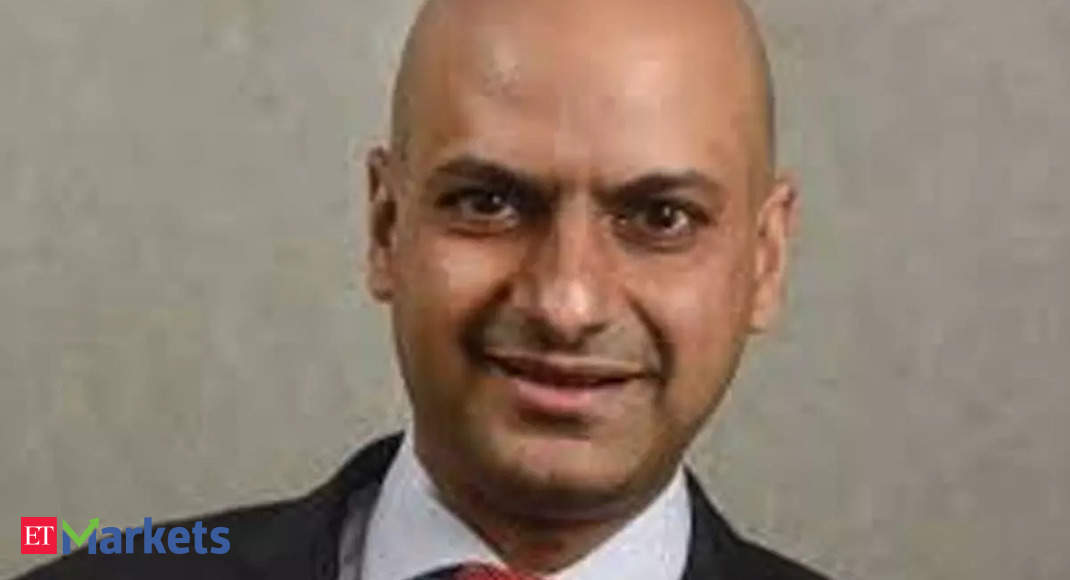In recent years, there has been a notable shift in India, particularly in Bharat, towards exploring alternative assets as a means of diversifying investment portfolios. Traditionally, Bharat has heavily relied on mainstream investments such as stocks, bonds, and real estate. However, the changing financial landscape, increasing financial literacy, and the desire for higher returns have prompted individuals and institutions in Bharat to turn their attention towards alternative assets.
Alternative assets encompass a wide range of investments, including private equity, hedge funds, venture capital, commodities, cryptocurrencies, and more. These assets offer unique characteristics and benefits that differentiate them from traditional investments. One of the key driving factors behind Bharat’s interest in alternative assets is their potential for high returns. With conventional investments yielding lower returns in recent years, Bharat’s investors are seeking avenues that can provide them with better profit potential.
Additionally, alternative assets can offer greater diversification, reducing the risk associated with having a concentrated portfolio. By spreading investments across different asset classes, sectors, and geographies, Bharat’s investors can mitigate the impact of market volatility and economic downturns. This diversification helps in safeguarding their wealth and achieving long-term financial goals.
Furthermore, alternative assets often have a unique risk-return profile. While they may be subject to higher risks compared to traditional investments, they also have the potential to deliver superior returns. Bharat’s investors, aware of these risks, are willing to take calculated bets in alternative assets to optimize their returns. Alternative assets can also provide exposure to sectors and industries that are not easily accessible through traditional investments, allowing Bharat’s investors to capitalize on emerging trends and industries.
Another factor driving Bharat’s interest in alternative assets is the global investment landscape. With increasing globalization, access to international markets and investment opportunities has become easier. Bharat’s investors are now exposed to a broader range of alternative assets, giving them access to global business opportunities and reducing their dependence on domestic markets.
Additionally, the evolving regulatory environment in Bharat has also played a role in fueling the interest in alternative assets. The government and regulatory authorities have introduced reforms and policies to promote investments in alternative assets. These include the introduction of Real Estate Investment Trusts (REITs), regulatory changes to boost the start-up ecosystem, and relaxation of rules governing foreign investments. These initiatives have created a favorable environment for Bharat’s investors to explore alternative assets and take advantage of the opportunities they offer.
In conclusion, Bharat’s growing interest in alternative assets can be attributed to various factors such as the search for higher returns, diversification benefits, unique risk-return profiles, globalization, and supportive regulations. As Bharat’s investors continue to gain awareness and understanding of alternative investments, it is likely that their allocation towards such assets will increase. However, it is crucial for investors to conduct thorough due diligence and seek advice from professionals to navigate the complexities associated with alternative assets and make informed investment decisions.











